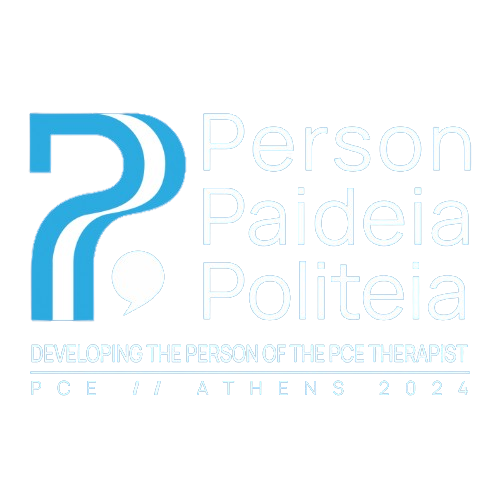Rhonda Goldman
Speciality
Deliberate practice (DP) is an innovative new training method being used across psychotherapy approaches, and is designed to enhance clinical training. The creation of the DP training manual for EFT, involved the identification of twelve core EFT-DP skills, some of which are more being-focused while others are more doing-focused. For example, five of the identified skills involve empathic responding, while other skills are more active such as ‘marker recognition and task set-up.’ The various EFT deliberate practice skills, will be outlined and a brief demonstration of training in DP for EFT will be provided.
Case formulation in EFT, incorporates both being and doing, while moving responsiveness to a higher level, carrying understanding across sessions to form a greater overall view of the person. Therapists make contact and observe client emotional processing (being), and at specified markers, suggest possible tasks to proceed through therapy (doing). Case formulation in EFT is conducted in a moment by moment fashion, emerging across therapy. EFT therapists follow the ongoing, process indicators of pain and poignancy, as clients guide them toward their chronic, enduring emotional pain, seen as the source of a myriad of problems people bring to therapy. Case formulation both helps to create a therapeutic focus and serves as a guide throughout the therapeutic process.
<strong>Short Bio</strong>
<br>
Rhonda Goldman, PhD, is one of the primary developers of Emotion-Focused Therapy (EFT) for individuals and couples. Dr. Goldman provides ongoing consultation to CMBH’s Emotion-focused therapy associates. She is a Professor at the Chicago School of Professional Psychology. She is actively involved with research, development, and training in EFT. Psychology. Dr. Goldman has co-authored six texts on Emotion-Focused Therapy (EFT), including Deliberate Practice in Emotion-focused therapy (2021) and the Clinical Handbook of Emotion-focused Therapy (2019), Case Formulation in Emotion-focused Therapy (2015), Emotion-focused Couples Therapy (2008), Case Studies in Emotion-focused Therapy (2007), and Learning Emotion-Focused Therapy (2004). She is a founding board member of the International Society of Emotion-focused Therapy (ISEFT). Dr. Goldman is currently an action editor of the journal Person-Centered and Experiential Psychotherapies. She runs the Emotion-focused Therapy Institute in Chicago. She travels internationally conducting training workshops for mental health professionals in Emotion-focused therapy for Couples and Individuals.
Keynote Speech
“The Evolution of Empathic Understanding in EFT”
Description
This talk will describe the evolution and development of different aspects of therapist understanding and responsiveness in emotion-focused therapy (EFT). A commonly held dialectic exists for the emotion-focused therapist that involves balancing being and doing. Starting out within a Rogerian framework, emotion-focused therapy underscored the importance of ‘being with’, moving into the client’s frame of reference, and forming a moment by moment understanding of the client. Over time, emotion-focused theorists integrated more active modes of engagement into the approach. The Experiential Therapy Adherence Measure (ETAM), created and validated in 1991, attempted to capture and describe all the various modes and types of responsive engagement that the emotion-focused therapist adopts throughout therapy. Some aspects of responsiveness are more ‘being’-related such as various types of empathic responses, while others are more ‘doing’-related, such as suggesting tasks in relation to specified markers that present themselves in session.
Emotion-focused therapy has evolved in the last thirty years, and the being-doing dialectic continues to evolve with it. Two important and relatively recent strands of EFT’s development have been the creation of a deliberate practice training manual, and another has been focused on case formulation.

